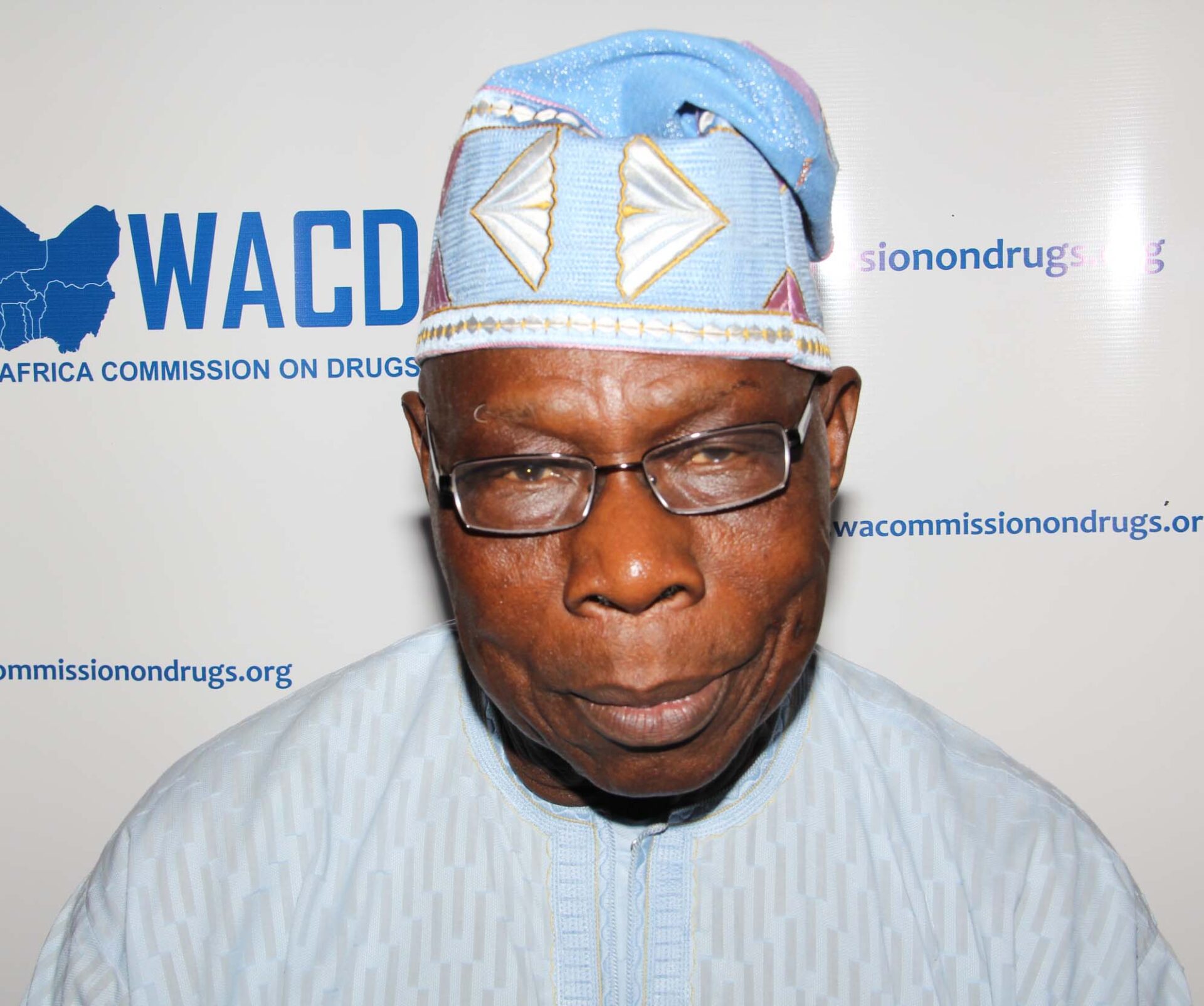The recent arrest of Juan Rodríguez García, one of the leaders of Mexico‘s Gulf drug cartel, marked a major success for the agencies tasked with tackling drug trafficking in the Americas. But no one is claiming that it will bring an end to the drugs trade and terrible violence which continues to scar the country.
In west Africa, we increasingly look at what is happening in Mexico and its neighbours in Central America with alarm. We know these countries are neither large producers of drugs nor markets for them, but are mainly transit points. But that has not prevented the illegal trade invading and corroding many aspects of their societies.
We view this as a bleak warning to our region. West Africa has also become a major transit point on drug routes from South America to Europe and beyond. While we have so far escaped the bloody violence that scars Central America on a daily basis, the region is experiencing increased criminality, corruption and drugs use. Urgent action from the countries of west Africa and the wider international community is needed if we are not to become another battlefront in the failed “war on drugs”.
This is why, the West Africa Commission on Drugs, which Kofi Annan convened, and I chair, calls for a progressive new approach to the challenge that illegal drugs pose for the region. In our report Not Just in Transit: Drugs, the State and Society in West Africa, the commission presents west Africans with a stark choice.
We can continue business as usual and see our institutions undermined by drug money and corruption, increased violence on our streets, our young exposed to diseases and epidemics and decades of development efforts compromised. Or, we can take a new approach that requires better targeted enforcement and for the impact of drugs to be seen as a health as well as a justice issue within and beyond our countries.
So what needs to be done if we are to follow this new course? First, we need to strengthen law enforcement and refocus its efforts on high-level criminals rather than the easy – and misleading – wins gained by arresting drug users and petty dealers. The “west African drug kingpin” is just as likely to be a lawyer, doctor, engineer, business executive or politician as a school dropout or diamond smuggler. They can be underpinned by informal networks drawn from a wide range of people, including the formal security apparatus.
Countering this threat is not easy. Highly skilled and vetted units must be created. Safeguards must be put in place to protect them against infiltration by organised crime. In parallel, cooperation and coordination among anti-trafficking units, and their counterparts in anti-corruption and anti-money laundering agencies – within the region and globally – must be stepped up.
Secondly, we have to find the courage to protect our national institutions and democratic process from infection by drugs money. In most of west Africa, elections are not publicly funded and political parties are often “owned” by candidates who fund them from their private resources. A lack of regulation around asset disclosure, along with weak or non-existent campaign finance laws, mean that west Africa’s electoral processes are worryingly vulnerable to corruption by drug money.
Lessons can be learned from countries such as Colombia, where civil society together with the media and academia monitor and assess the links between drug trafficking and party and campaign financing. Our region’s ability to defend itself against political penetration by drug traffickers will be determined largely by how well it can protect its electoral systems, security services and the judiciary from interference.
Thirdly, we have to put much greater effort and resources into drug treatment facilities and programmes. It is not only the trade in drugs which is causing major problems for west Africa but their consumption.Yet the region is simply not ready or equipped to deal with the rapid and extensive spread of drug use and dependency. We need to see the challenge of drugs not as a criminal justice issue but rather one of public health.
Of course, tackling the drugs trade and its damaging impact is a global challenge. West Africa needs the support of the international community not only to chase major traffickers but to fund services for treatment and harm reduction.
Above all, however, it requires west African leaders to take the lead. They must act courageously to protect their societies by reforming drug laws, strengthening their political and judicial institutions and engaging with civil society. They have to have the vision to adopt and adapt success stories from across the globe. Such steps will help head-off the corrosive impact of drugs and give our region the space to develop and strengthen our institutions and economies for the benefit of all their peoples.
• Olusegun Obasanjo is chair of the West Africa Commission on Drugs and former Nigerian president



